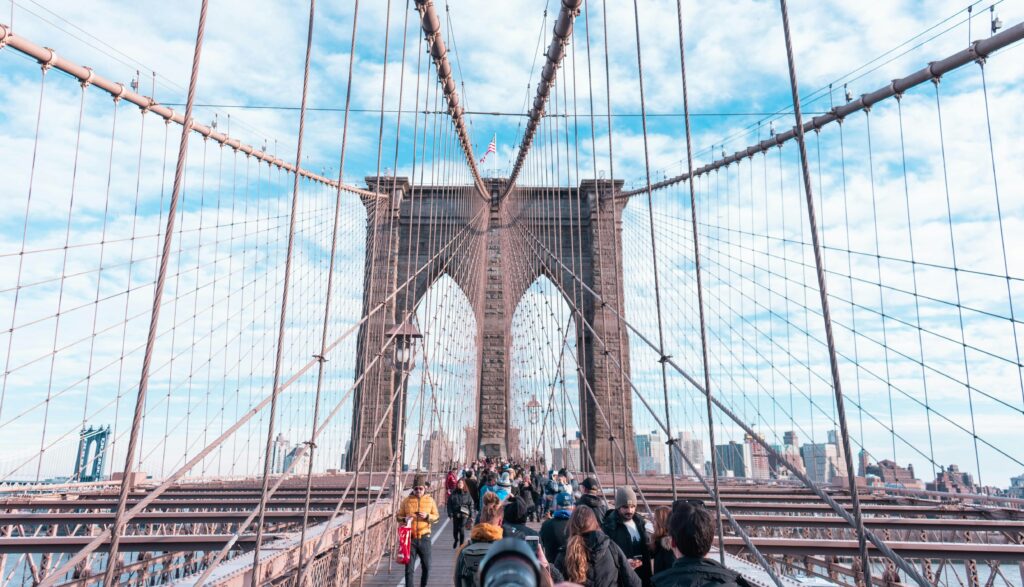
Top 10 U.S. Cities to Visit Without a Car
Traveling with a car can be a hassle due to traffic congestion, limited and expensive parking, potential for accidents, and the stress of navigating unfamiliar roads. Furthermore, driving can be tiring, especially on long journeys, and may not always be the most time- or cost-efficient option.
Yes, renting a car means you can access off-the-beaten-track beauty points and explore more. But it also adds to the cost and responsibility of your trip. In a nation of car dependency, you must book a rental car ahead of time and pay higher rates during peak travel seasons often waiting in line for the rental car shuttle or at the rental car center. Paperwork, insurance, unfamiliarity with the vehicle and the directions; and let’s not forget the part where you have to inspect the car for damage, fill out forms, sign a contract and do it all again when you return the car.
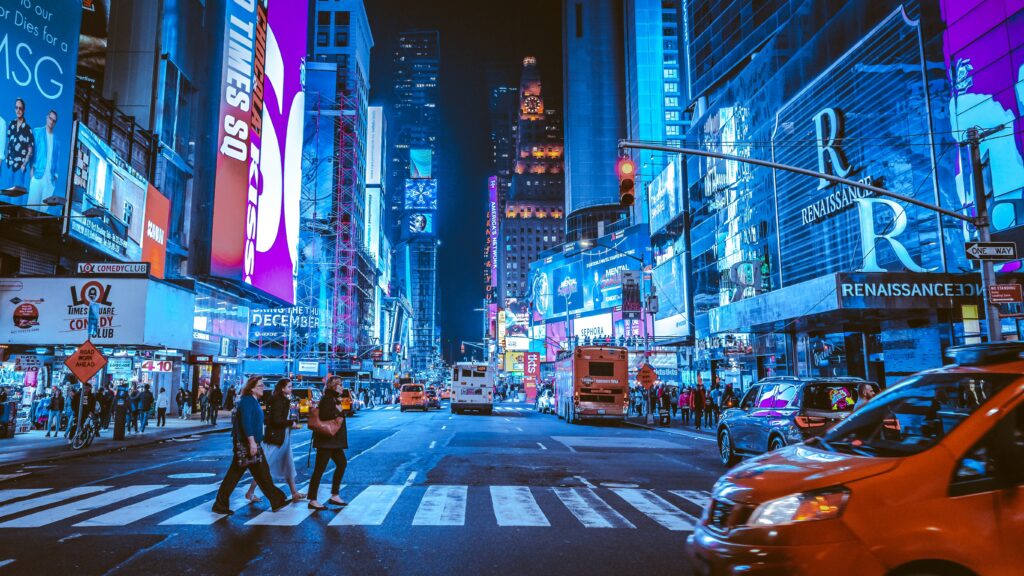
But in an era of soaring gas prices, congested roads, and growing interest in greener lifestyles, the car-free movement is shifting from fringe to mainstream with more metropolitan centers offering car-free services. From bustling metropolises to compact, thoughtfully planned cities, certain urban areas have evolved into havens for pedestrians, cyclists, and transit riders alike.
To find the best cities for living without a car, B2 Fabrication conducted a data-driven study analyzing 100 of the most populous cities in the US. Each location was scored based on factors like walkability, bike infrastructure, public transit access, commute times, safety, and even climate. Here are the cities that made the Top 10.
1. Arlington, Virginia
Arlington takes the crown as the best city in the US for car-free living, with a total score of 75.37 out of 100. While it doesn’t lead in any individual metric, its consistent performance across all categories is what makes it stand out. With a walk score of 71, bike score of 72, and transit score of 59, Arlington blends accessibility with efficiency.

Residents enjoy the shortest average transit commute time in the top 10 at just 30 minutes, and it also boasts the highest safety index of 67.37. This balance of convenience and security makes Arlington a low-stress, high-functioning environment for pedestrians and public transport users. Its proximity to Washington D.C. doesn’t hurt either, offering big-city perks without the chaos.
Explore sustainable Arlington here. Explore the best hiking, biking and walking trails in Arlington here. Shop the best hotels in Arlington VA here.
2. New York City, New York
The Big Apple lands in second place with a nearly perfect score of 75.32. NYC dominates in transit (89) and walkability (88), unsurprising for a city where owning a car is more a burden than a benefit. Its extensive subway and bus systems make commuting easy, but the average commute time of 47.6 minutes is one of the longest among top-ranked cities.
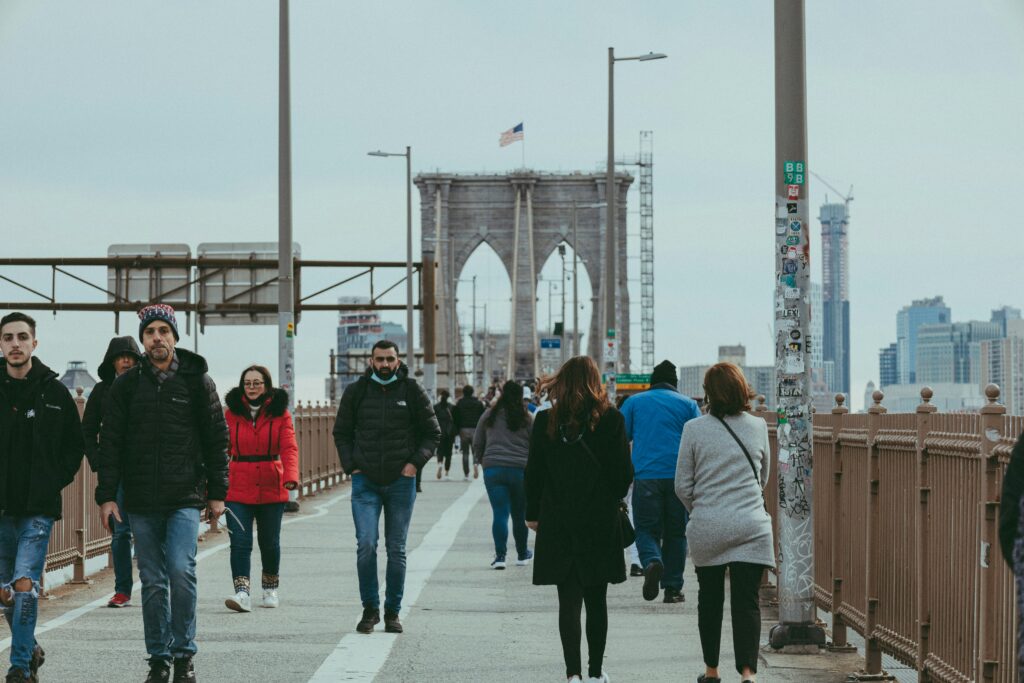
A lower safety index of 49.16 also pulls its overall score down. Still, the sheer connectivity and urban design of New York make it a model for other cities trying to reduce car dependency.
3. San Francisco, California
San Francisco rounds out the top three with a total score of 74.63. It ties New York for best walk score (89) and boasts a strong transit score (77) and bike score (72). The city’s average commute time is 40.7 minutes, and while its climate is moderate at 57.5°F, safety is a weak point, with a score of just 38.8. Despite this, the city’s compact geography and robust transit infrastructure make it one of the best places to get around without a car, especially if you don’t mind a few hills.

4. Jersey City, New Jersey
Right across the river from Manhattan, Jersey City scores 70.99, ranking fourth overall. It performs exceptionally in walkability (87) and has respectable scores in both transit (70) and bike infrastructure (64). With a safety index of 60.11, it ranks second in the top 10 after Arlington. However, its average commute time of 44.7 minutes likely reflects the many residents working in NYC. Its urban density and location make it an ideal spot for those seeking a car-free lifestyle without the Manhattan rent.
5. Washington, D.C.
With a total score of 70.08, the nation’s capital ranks fifth. It boasts a strong walk score (77), transit score (69), and bike score (70). While its commute time (38.9 minutes) is reasonable, a low safety index (39.86) holds it back. Still, D.C.’s compact layout, well-connected Metro system, and increasing bike infrastructure make it a solid choice for those living without a vehicle.
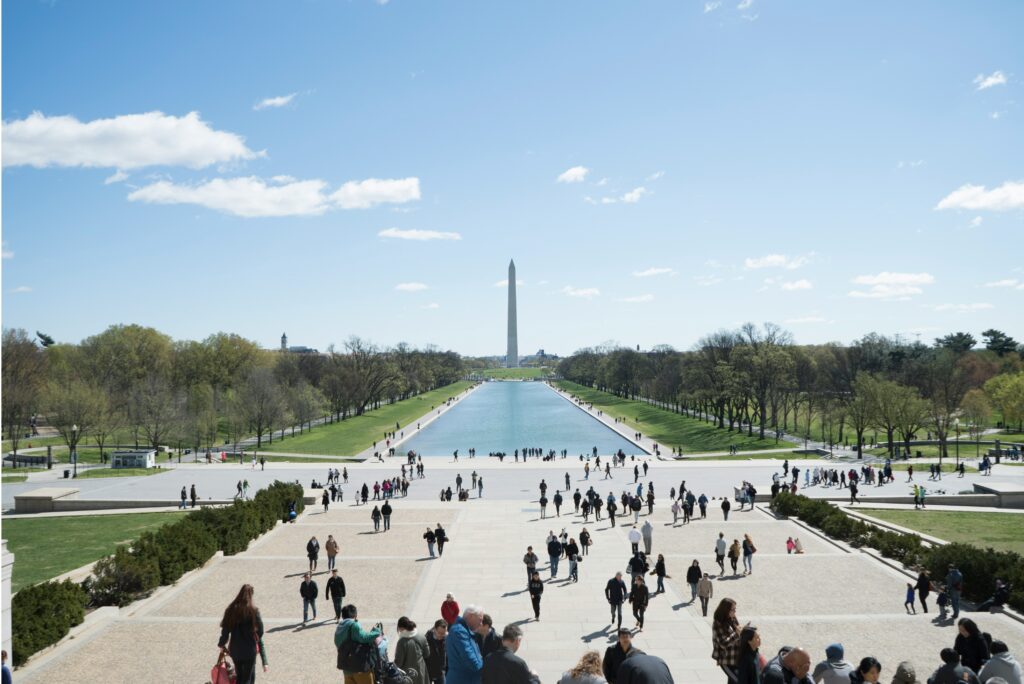
6. Miami, Florida
Miami comes in sixth with a score of 69.92. It offers a pleasant climate (77.5°F), the warmest among the top 10, which makes walking and biking more enjoyable year-round. The city scores 77 for walkability, 57 for transit, and 64 for biking. Commute times are average at 41.6 minutes, and its safety index of 47.27 places it in the middle of the pack. Its lively neighborhoods, beachside paths, and expanding public transport contribute to a more foot-powered way of life.
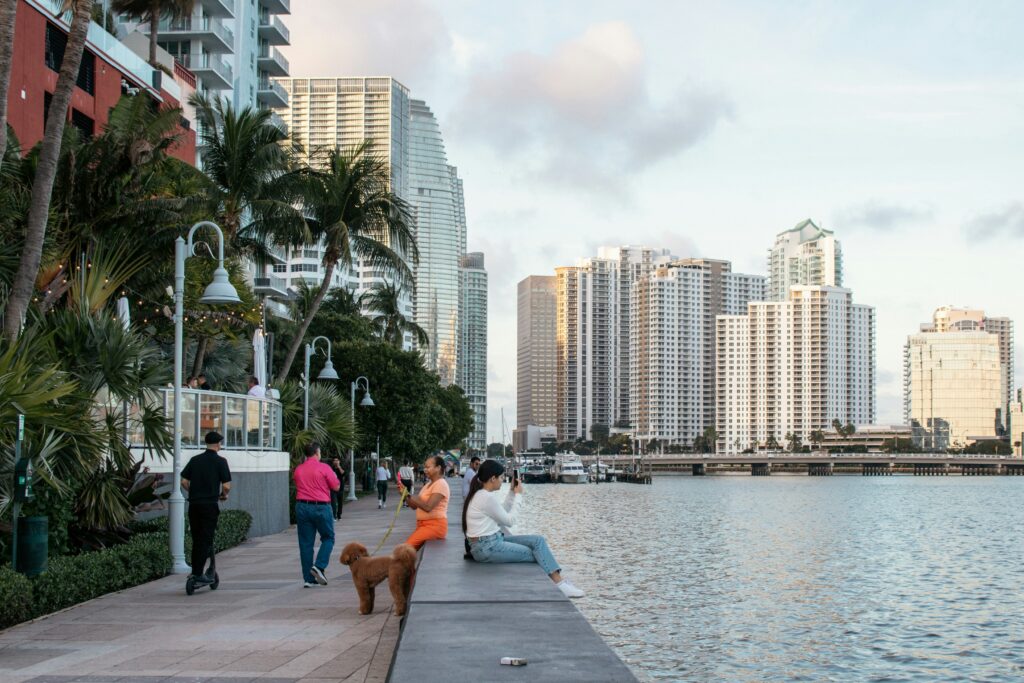
7. Minneapolis, Minnesota
Don’t let the cold fool you. Minneapolis ranks seventh with a score of 69.49. It earns the highest bike score (83) in the entire study, showing how committed the city is to cycling infrastructure. Its commute time is just 32.6 minutes, and walk (71) and transit (55) scores are respectable. Though it has the coldest climate in the top 10 (46.5°F), Minneapolis proves that frigid temperatures don’t have to be a dealbreaker for car-free living.

8. Seattle, Washington
Seattle secures eighth place with a score of 68.47. It has a walk score of 74, a bike score of 71, and a transit score of 60. With a commute time of 34.2 minutes and a safety index of 46.04, it sits comfortably in the top tier. Though known for its rain, Seattle’s layout and public transport make it easy to navigate without a car. The city’s eco-conscious culture also aligns well with alternative commuting.

9. Boston, Massachusetts
Boston ranks ninth with a score of 68.05. It excels in walkability (83) and transit (72), making it one of the easiest places to navigate on foot or via subway. The average commute time is 40.4 minutes, and its bike score (69) supports varied transport options. However, it has the lowest safety index in the top 10 at 29.17, which limits its overall ranking. Still, the city’s compact layout and historic streets are a walker’s dream.
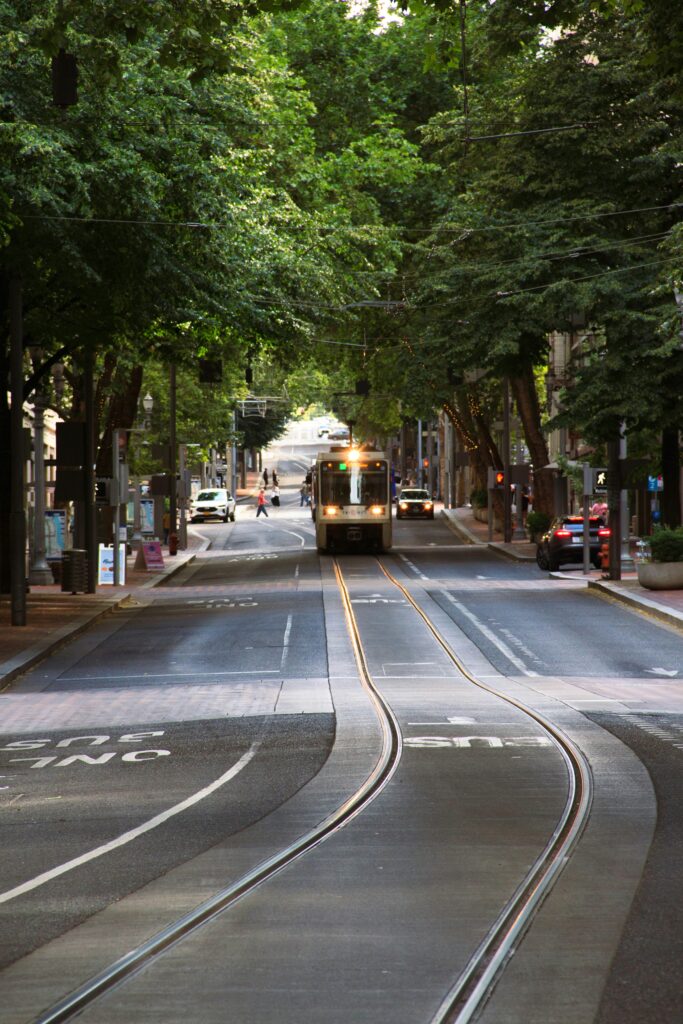
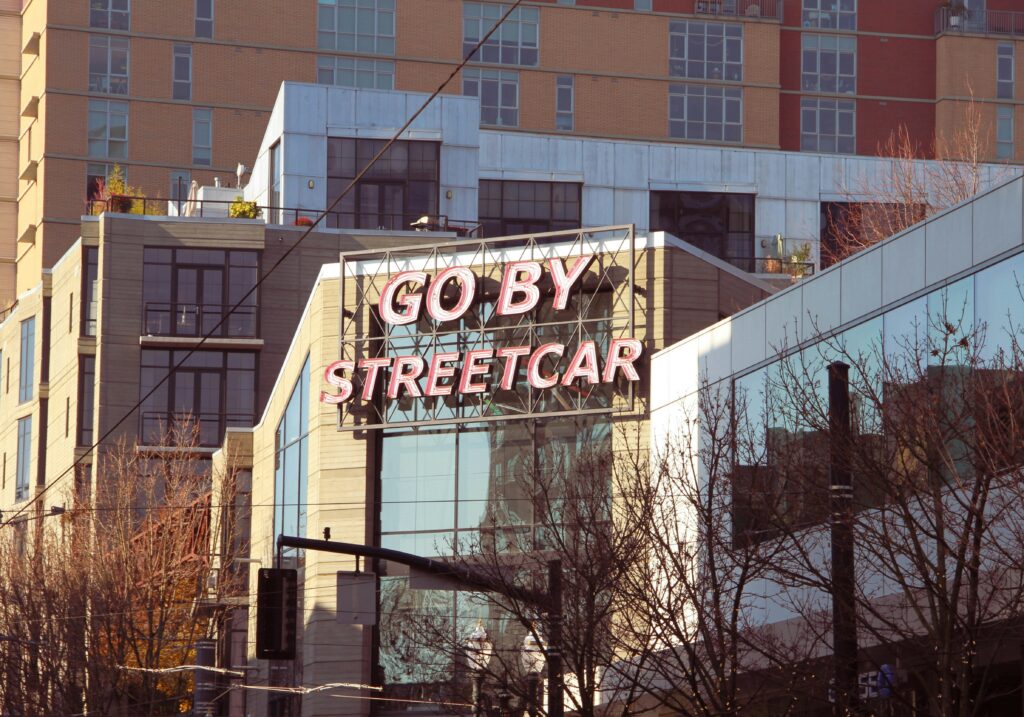
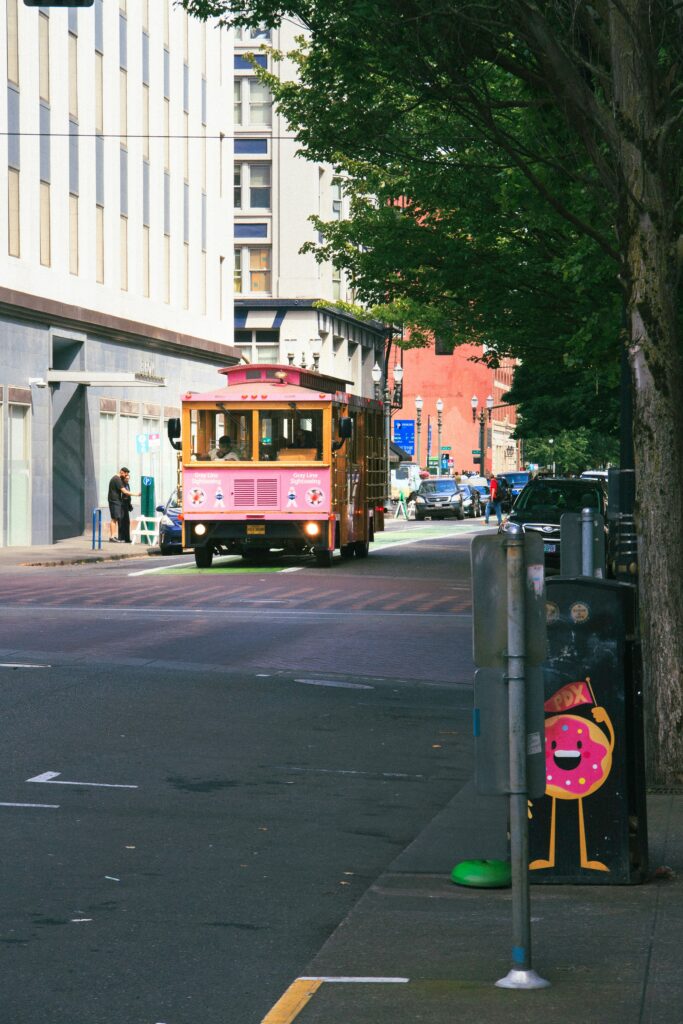
10. Portland, Oregon
Portland rounds out the top 10 with a score of 66.50. It ties Minneapolis for the best bike score (83) and has a solid walk score of 67. Its transit score of 49 and commute time of 40.9 minutes are slightly below average, but its mild climate (54.5°F) and active community culture make it ideal for bike lovers. Despite a modest safety index of 42.94, Portland’s infrastructure makes life without a car very doable.




